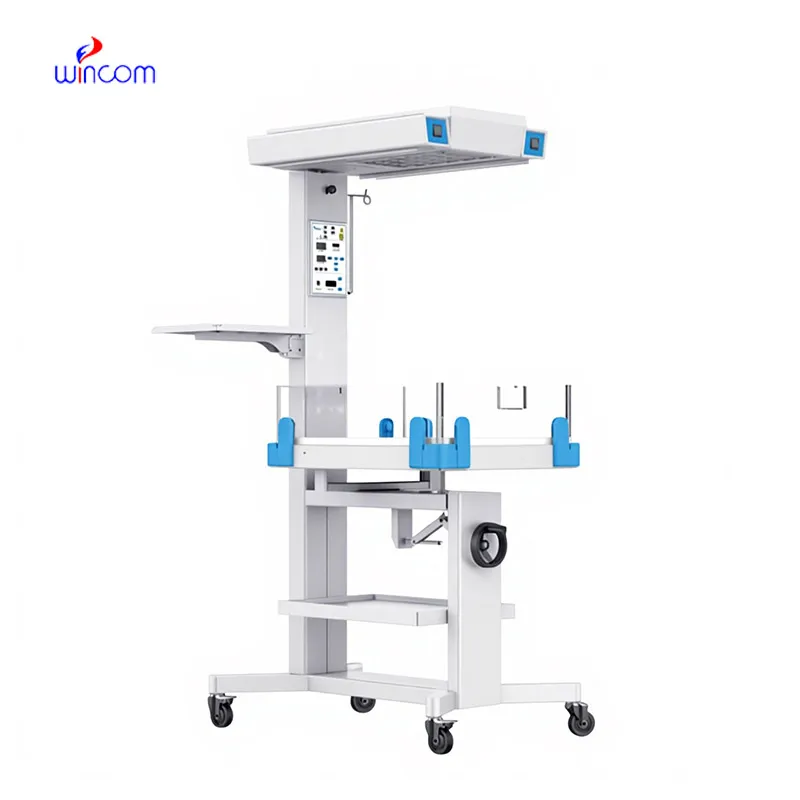
With intelligent motion correction and image enhancement software, the noise of mri machine minimizes patient movement artifacts. The accuracy features of the system come together to provide distortion-free, high-resolution images. Patient safety and efficient operation improve diagnostic confidence in the noise of mri machine.

The noise of mri machine is a highly effective instrument for imaging the cardiovascular system, allowing precise evaluation of heart chambers, valves, and vessels. It makes it possible to detect disorders such as coronary artery disease, congenital heart disease, and myocardial inflammation. The noise of mri machine also measures blood flow and cardiac function precisely.

The noise of mri machine will expand its role in neuroscience and molecular imaging by introducing new contrast mechanisms and biophysical modeling. This will make visualization of cellular-level activity and brain connectivity achievable. The noise of mri machine will provide unparalleled insight into complex physiological processes.

To ensure the noise of mri machine are in proper working condition, staff must perform daily visual examination and cleanliness tests. Scheduled engineering inspections must be carried out with coil testing and magnetic field alignment. The noise of mri machine should always be operated under controlled conditions to prevent equipment drift and provide accurate imaging.
The noise of mri machine provides enhanced diagnostic functionality for identifying abnormalities in tissues and organs. It relies on magnetic fields rather than ionizing radiation, thereby assuring safety when scanning repeatedly. The noise of mri machine enables the timely diagnosis of ailments including tumors, multiple sclerosis, and degeneration of joints.
Q: Why do MRI machines make loud noises during scans? A: The noises come from the rapid switching of gradient coils that generate precise magnetic fields necessary for capturing detailed images. Q: Can MRI scans be done with contrast agents? A: Yes, sometimes contrast agents like gadolinium are used to highlight specific tissues or blood vessels, improving visibility of certain conditions. Q: How should MRI machines be maintained? A: Regular calibration, cryogen level checks, and environmental control are essential for maintaining stable magnetic performance and image accuracy. Q: Is MRI safe during pregnancy? A: MRI is typically considered safe during pregnancy, especially after the first trimester, but contrast agents are usually avoided unless medically necessary. Q: Can MRI be used in veterinary medicine? A: Yes, MRI is widely used in veterinary hospitals to diagnose brain, spine, and joint conditions in animals with the same precision as in human medicine.
We’ve used this centrifuge for several months now, and it has performed consistently well. The speed control and balance are excellent.
The delivery bed is well-designed and reliable. Our staff finds it simple to operate, and patients feel comfortable using it.
To protect the privacy of our buyers, only public service email domains like Gmail, Yahoo, and MSN will be displayed. Additionally, only a limited portion of the inquiry content will be shown.
We’re looking for a reliable centrifuge for clinical testing. Can you share the technical specific...
Hello, I’m interested in your centrifuge models for laboratory use. Could you please send me more ...
E-mail: [email protected]
Tel: +86-731-84176622
+86-731-84136655
Address: Rm.1507,Xinsancheng Plaza. No.58, Renmin Road(E),Changsha,Hunan,China